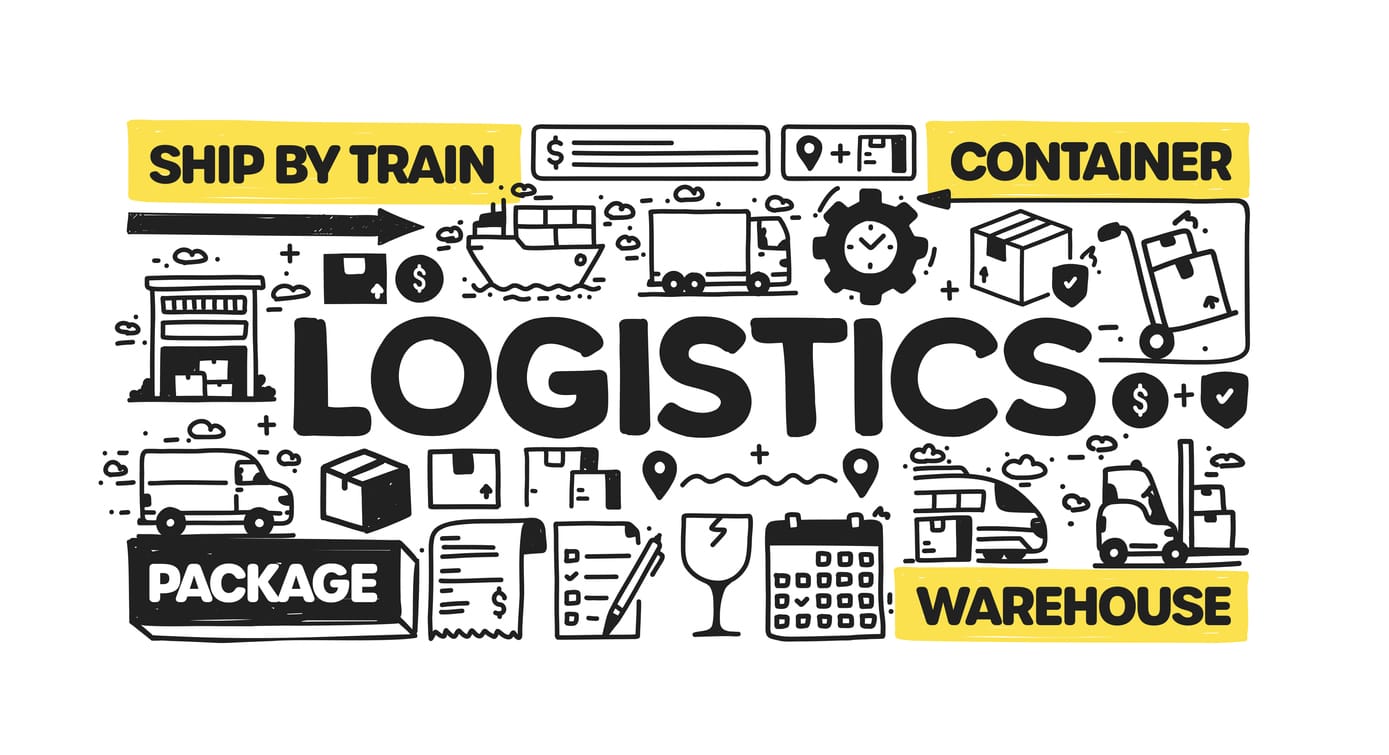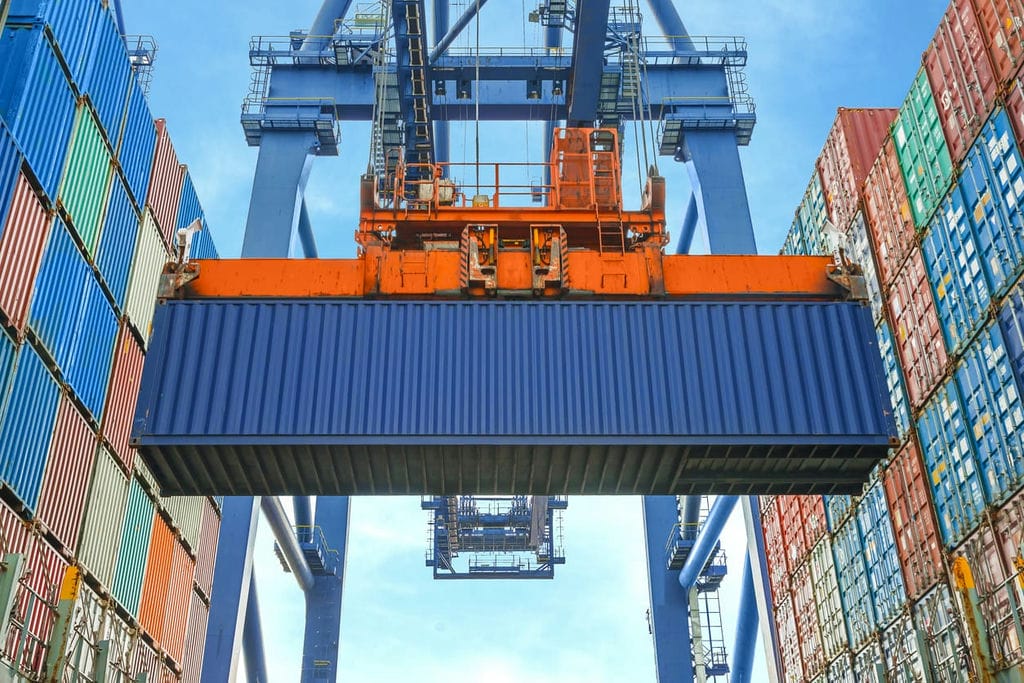Like most industries, the freight industry has terminologies that describe various things that make up the freight industry. They are like a blanket that covers the whole spectrum.
Knowing and understanding freight terminologies is important as these terminologies play a fundamental role for everyone involved in the freight process. By knowing and understanding these terms, misunderstandings can be avoided, errors minimized, and you would be able to understand what your shipping agent is talking about and ensure your goods get shipped on time and arrives on time and in good shape.

Whether you are new to the shipping industry or want to refresh your memory on some important and common freight terms, you have come to the right place. Here are some of the most important but commonly used shipping terminologies.
Understanding some of the most common shipping terminologies used in freight industries will help you confidently tackle shipping contracts and quotes and boost effective communication.

- Accessorial: This describes the extra services or steps the carrier must take that go beyond or requires more than the basics of dock-to-transportation. These include unloading, inside pickup and/or delivery, and so on.
- Accessorial charges: These refer to charges or fees charged by the carriers for extra service that goes beyond the basic pickup and delivery.
- Adjustments: Adjustments are costs or expenses incurred after the delivery of the shipment.
- Agent: This is a person who handles the shipping transaction on behalf of another person or company,
- Axle load: This refers to the total weight each axle is allowed to put on the road
- Backhaul: This refers to the return trip of the vehicle, not with an empty trailer, but with another load the carrier will haul going back to its original location.
- Beneficial owner: This refers to property rights belonging to an individual other than the shipper.
- Bill of landing: This is a legal document between the shipper and the carrier. This document includes the freight amount, freight rate, type of goods, quantity, and other shipment details. It also serves as shipment receipts.
- Blind shipment: This refers to a situation where the shipper and carrier are unaware of each other.
- Blocking and bracing: This refers to all supports used to keep or hold the shipments in place during transportation.
- Brokerage license: This term refers to a legal document used by the broker to make various freight shipping arrangements.
- Bulk freight: This refers to the freight that is not packed in packages or containers. Bulk freight could be in the form of liquid or a solid or liquid whole form.
- Carrier: A person or a company that transports goods across air, land, or sea.
- Cartage: This refers to freight shipped within the same locality, area, or city.
- Concealed damage: This refers to damages that are not seen until the package is opened
- Consignee: This refers to a person receiving the shipment and the receipt details.
- Consignor: This refers to the person who sends the shipment to the consignee.
- Container: A container that looks like a truck but has no wheels
- Consolidation: This refers to two or more shipments used together to save money on the overall shipping charges.
- Density: This refers to the shipment weight in relation to the shipment size and how much space the item takes up.
- Dry van: This refers to an enclosed trailer that protects the goods from outside elements.
- Embargo: This refers to events or restrictions that prevent the import/export or accepting or delivering of freight to or from another state or country.
- Exceptions: This is when a package is delayed in transit for unforeseen or unexpected events, changing the delivery date.

- Flatbed hauling: This refers to the trailer used for large, long, or heavy cargo.
- Freight bill: A document that describes the shipment, confirms the delivery date, and shows payment terms.
- FCL (Full Container Load): The shipper books the whole container only for their goods.
- Interline: This refers to the process of a carrier transferring the goods to another carrier before reaching the endpoint
- Inbound freight: This refers to the raw product shipments arriving from suppliers.
- Intermodal transportation: This refers to the shipping process done using two or more transportation methods.
- LCL (Less-than-Container-Load): This refers to freight shipments that do not require the full container
- LTL (Less-than-Truck-Load): This refers to freight shipments that do not require the full truck space.
- Tariff: This is a document that contains rules, regulations, fees, and contracts for a freight shipment.
- Time-critical: This refers to freight shipment needing to be delivered as soon as possible.
- Time-definite: The shipment is guaranteed to be delivered on a specific day or time.
- Transit time: The amount of time it takes for the freight to be picked up and delivered.
- TL (Truckload): This refers to shipments filling up a full trailer.
- Volume rate: This measures the freight’s weight and density on the truck.
- Warehousing: This refers to a place where goods are stored until the time of shipment.

Knowing these shipping terminologies can help you understand what is happening around you when you are shipping. Do you need a shipping company that offers various shipping services? Contact us at Ship A Car, Inc. to get a quote. Get the best and risk-free service we provide.




